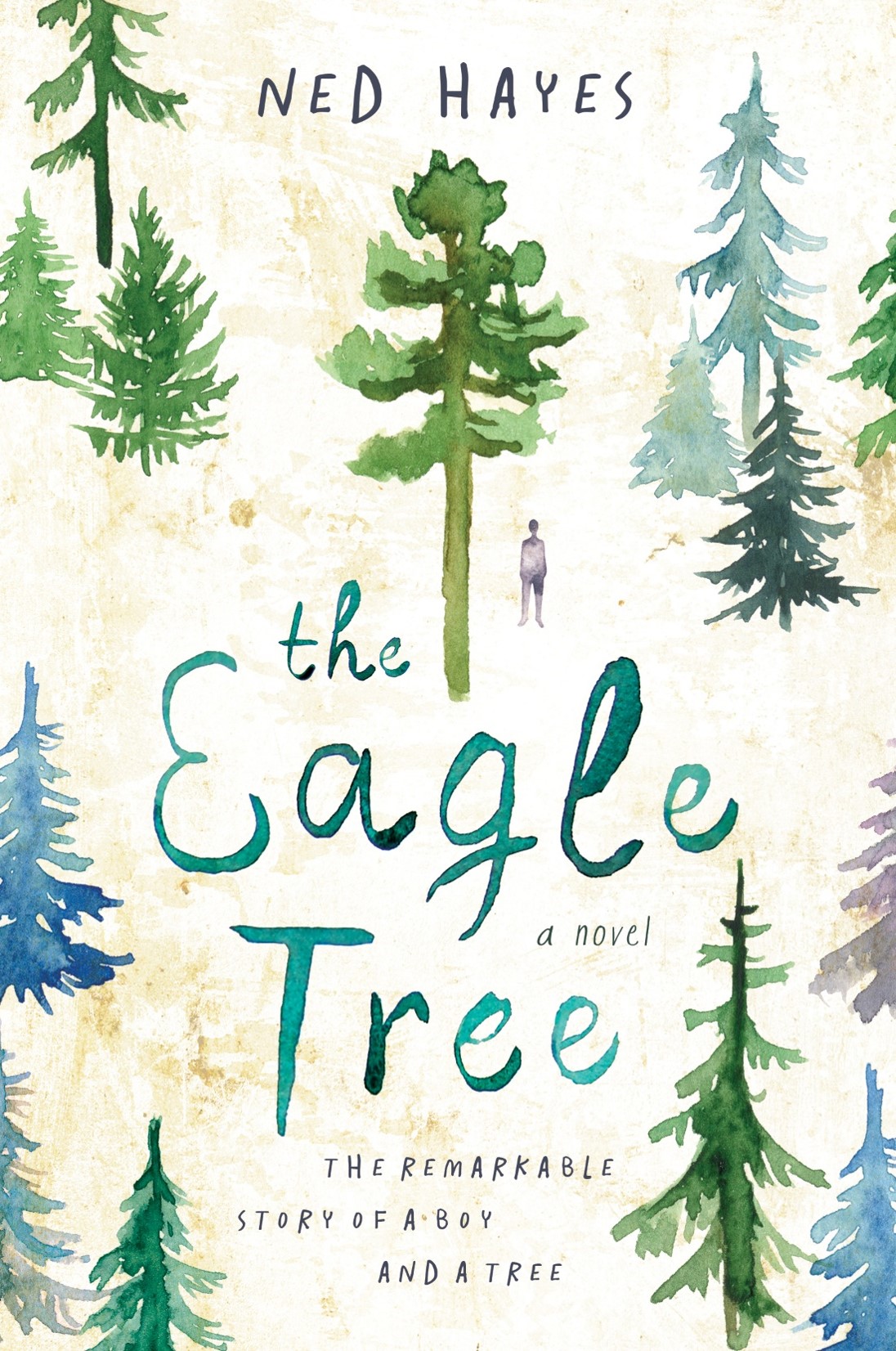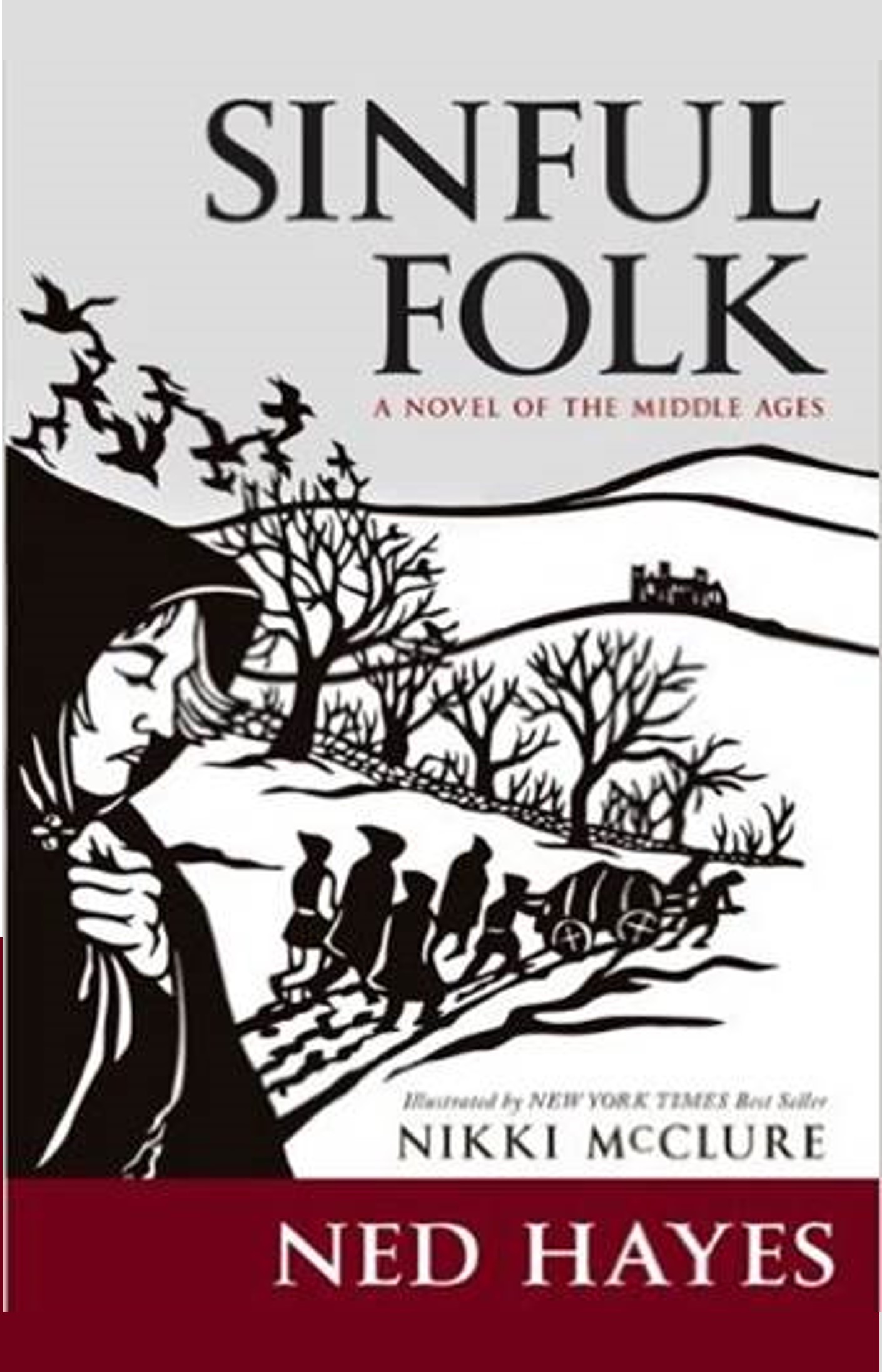
Fireside
What does it mean to tell a story? When I think of “telling a story,” I am thinking specifically of the act of verbal storytelling – perhaps around a fire with an audience of people who can leave at any moment. In this situation of verbal storytelling, it’s important to keep your listeners in anticipation of what might come next. It is also helpful to inform them about the world of your story. And to tell them about the kind of story you are telling, and to fulfill that kind of explanation.
Digressions that explain the storyteller’s apprehension of what is to come are most welcome, as such pieces of the “story” build towards satisfying narrative and powerful insights into the characters. On the other hand, self-indulgent words or metaphorical flourishes that detract from the flow of the narrative lose the audience that is collected in the light of the storyteller’s firelit circle.
If you are sitting with a bunch of 11 year old girls by a bonfire, and you begin by saying “I’m going to tell you a scary story,” you darn well better fulfill that expectation. Also, it’s possible to stop your story part way through, and provide some narrative explanation for what is happening to your character (first person or third person). For example, one might pause the forward momentum to observe that “he was really scared now, scared in a way that cuts right down to your bones. You ever felt that way? I know I have, and my blood turns to ice.” Furthermore, you can even digress entirely from the story, as long as you provide an explanation or connection back to the story at hand – for example, I might pause my plot in verbal storytelling, and describe the street of the “scary story” at some length, until I am sure that it is fixed in the reader’s mind.
I’m thinking about this act of verbal storytelling, and how natural it is to “control” our reader’s expectations and inform them about what is happening in your story because I have been reading Donna Tartt’s lovely and rapidly moving literature-as-suspense-novel book The Secret History, in which she describes an insular world of private college upper-classmen who end up committing dastardly deeds (murder of a local farmer, followed by a cover-up murder of one of their own). I began to think about digressions, and how often she undertakes a digression from the “main story plot” in order to tell the reader something else.
I started re-reading Tartt because I grew very bored with two recent novels I’ve read. One was a winner of several literary prizes – Michael Chabon’s Telegraph Avenue – and the other was Tana French’s Broken Harbor, a police procedural that died on the vine. I started thinking then about why I was immediately captured by Tartt, and why I was disappointed in these two novels. I thought of Tartt for two reasons. First, of course, was the fact that her new novel The Goldfinch recently won the Pulitzer Prize for fiction. The other is that I have had this quote from Donna Tartt above my writing desk for many years now:
“The first duty of the novelist is to entertain. It is a moral duty. People who read your books are sick, sad, traveling, in the hospital waiting room while someone is dying. Books are written by the alone for the alone” (Tartt Interview 2).[i]
In our work as writers, it is sometimes possible to lose sight of the fact that our ultimate task is simply to tell an entertaining story. All too often, I fear, that our work as writers takes us into extended metaphors, love of language (for language’s sake), experiments with narrative, insertions of different perspectives, and interpolations of authorly opinion, as well as digressions from the text.
All of these tools may help us in our task, but in contemporary fiction – such as in the work of Raymond Carver, Marilynne Robinson, Thom Jones and other New Yorker style “literary fiction” masters – I sometimes fear that we have lost the task of telling a story that “entertains” our audience, and that we no longer understand that if we fail to draw our audience into an active entertainment, we have lost our purpose.[ii]
Here’s one example from Telegraph Avenue. In the middle of this book, Chabon alights on an eight-page uninterrupted, un-paragraphed, nearly unpunctuated monologue that seems excessively full of authorly indulgence. Here’s the beginning of that section: “If sorrow is a consequence of pattern spoiled, then the bird was grieving, seeking comfort in the patter and tap of the baby’s shoes against the wooden floor, Rolando whaling away like Billy Cobham with the heels of his little Air Jordans, working himself around the room…” (Chabon 239). (I’ll stop there as the next period arrives some 5,000 words later) Nothing much happens in these 8 pages – not a single momentous thing occurs, and not a single new insight into character is gained, in my readerly estimation.
Now, it’s worth noting that literary novelists pride themselves on writing about character and personal growth, instead of merely sticking to a rote beginning-middle-end plot cycle. Yet if nothing ever happens to a character – or if the character causes no change in the world – it is frankly difficult for a reader to care about the fate or growth of a character. In contemporary literary circles, I feel that we have fallen too much in love with the sentence, the metaphor and the beautiful language, and creating an articulate narrator. Instead, I think we should focus on telling a story that seizes our reader’s interest.
Let us recall for a moment that idealized scenario I named at the beginning of this short essay – a group of people, gathered around a campfire, enthralled by a storyteller. With this scenario in mind, and the need to seize our reader’s interest: what should one make of the idea of a digression? I mentioned that it’s ok to have some meta-story, or some digressions. But what’s the difference between Chabon’s 8-page indulgent diatribe, and a digression that continues to hold our readers’ interest?
To compare to Chabon’s work, here are a few sentences from near the beginning of Donna Tartt’s novel The Secret History:
“It is easy to see things in retrospect. But I was ignorant then of everything but my own happiness, and I don’t know what else to say except that life itself seemed very magical in those days: a web of symbol, coincidence, premonition, omen. Everything, somehow, fit together; some sly and benevolent Providence was revealing itself by degrees …” (Tartt, Secret History 13)
This particular “digression” is intriguing to the reader because it is essentially setting the stage and reminding the reader of the flow of time – of which a novel is a simulacra and a mockery. It also provides hints and evidences of what is to come – symbols, premonitions, omens. The passage exists to intrigue the reader, not to bore them to death, or to show off the writer’s wordly chops. The ultimate test is this: if we were to transpose these sentences to the fireside, would they sing? I think so.
It may be obvious to the reader by now, but the same digression-as-intrigue works equally well in non-fiction. I am reminded of Joan Didion’s lovely beginning to her classic 1968 essay, Goodbye to All That. Didion writes:
“It is easy to see the beginnings of things, and harder to see the ends. I can remember now, with a clarity that makes the nerves in the back of my neck constrict, when New York began for me, but I cannot lay my finger upon the moment it ended, can never cut through the ambiguities and second starts and broken resolves to the exact place on the page where the heroine is no longer as optimistic as she once was.” (Didion 67)
Of course, in reading this passage, the intrigue builds even more profoundly, edging into plot at the end of the passage. First, the passage speaks of the passage of time (Tartt almost mirrors this beginning). Then, the passage gives visceral specific feelings for an abstract event (when New York began), and then a turmoil occurs, leading to the possibility of vast change – the heroine’s attitude transforms. As readers, we want – we must – read on, to find out how this all occurred, and what took place in New York to change our heroine.
Both of these writers step out of the story, to observe the act of storytelling, and make observations about the characters. At one time, I thought that any type of omniscient writing was self-indulgent. But I’ve come to realize that these types of observations are just like the kind of observations necessary in a storytelling moment (like that around a firepit) – in which you need to explain to your audience what is going on, and why it matters. I think the difference between the Chabon indulgence and the careful work done in both the Tartt and the Didion passages is in whether or not the voice is telling us something we need to know to have the story make sense. By the fireside, does it help the listener to care about the story?
Digressions to explain may seem self-indulgent, but if we listen to ourselves in verbal storytelling, we do this all the time. The writers of the mid nineteenth century, with their constant omniscience, and their ability to jump back and forth between characters to weave a better tale, often mirror the common actions of verbal storytelling. In this regard, I think especially of Herman Melville’s digressions about sailing life, ships and whaling in Moby Dick. Those asides add color to the story and explain the situation, and in the end, build towards a stronger plot and greater insight for the characters. Authorial digressions are often meta-story that allow the narrator to comment on your own story.
True storytelling doesn’t give a whit about the particular language used, but propels us through the story itself, and words, language, metaphor (and even characters) serve the purpose of telling a story. Witty digressions and descriptions should not distract from a story, but should add color to it, and add anticipation to that same story. It is worth noting here that that Northwest grand-master of writerly craft – Ursula Le Guin – describes the “involved author” or the “omniscient author” as carrying the “familiar voice of the storyteller, who tells us what has happened, and what has to happen next” (Le Guin 87). Both the Tartt and Didion passages work because they are in the voice of a storyteller who can be trusted to tell us what has to happen next. As readers, we care. And in the end, I think that is all that should matter.
A literary update from NedNote.com
Readers can find my books at these bookstores:
|
|
|
WORKS CITED
Chabon, Michael. Telegraph Avenue. New York: Harper Perennial, 2012.
Didion, Joan. Slouching Towards Bethlehem. New York: Farrar, Straus, Giroux, 2008.
French, Tana. Broken Harbor. New York: Penguin Books, 2013.
Le Guin, Ursula. Steering the Craft: Exercises and Discussions on Story Writing for the Lone Navigator or the Mutinous Crew. Portland: Eighth Mountain Press, 1998.
McDermid, Val. Quote cited on 11 May 2014. https://www.valmcdermid.com/
Tartt Interview, Donna Tartt. Vintage Anchor Books website. Accessed May 11, 2014. https://vintageanchorbooks.tumblr.com/post/78907850638/the-first-duty-of-the-novelist-is-to-entertain
Tartt, Donna. The Secret History. New York: Vintage, 2011.
END NOTES
[i] A blog entry commented on Donna Tartt’s point: “Every time I read those words, I think of my grandfather, who spent his last few years in a nursing home, dying of Parkinson’s disease. He couldn’t walk or stand or even feed himself; for the last two or three years he could barely talk. What he could still do, though, was read–and read he did, voraciously, day and night, through every one of the stacks and stacks of books my parents and I would bring. And though he would read nearly anything, he loved the romances–the books with a guaranteed happy ending–most of all. And if I have an external reader looking over my shoulder while I work, it’s him–my grandpa, who as he lay in his bed at the nursing home needed stories of hope, stories to remind him of the human spirit’s infinite capacity to triumph over even the most extreme hardship, the most bitter sorrow.”
(See this website for the comment: https://writerunboxed.com/2009/07/17/author-interview-anna-elliott-part-2-needs-intro/#more-1319 )





